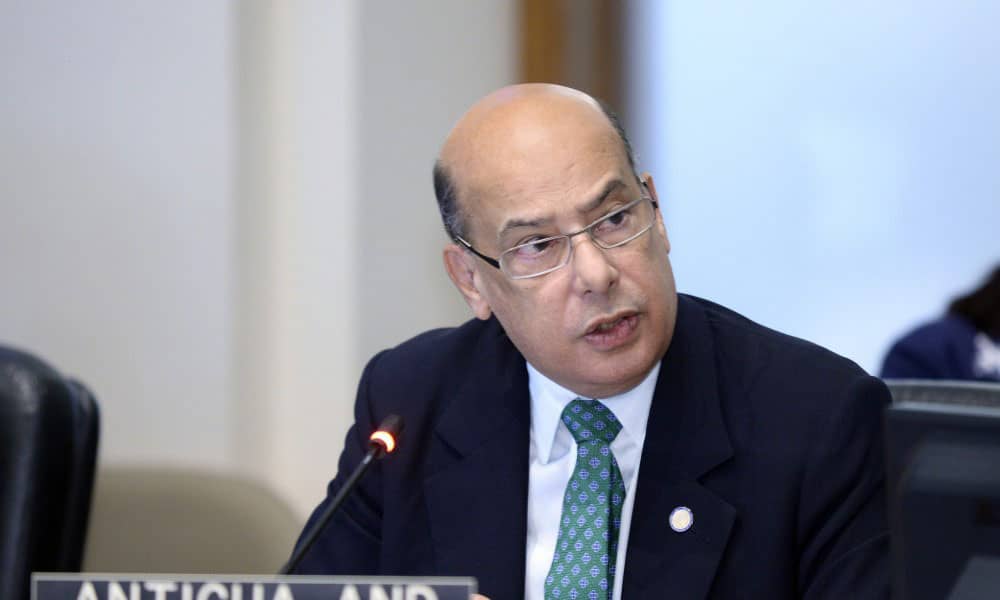Haiti, a nation long plagued by instability, faces an escalating crisis that demands immediate and coordinated international intervention. The situation, as highlighted by recent reports from the Réseau National de Défense des Droits Humains (RNDDH) and the Global Initiative Against Transnational Organized Crime (GI-TOC), reveals a fragmented and ineffective approach to security, governance, and humanitarian relief. Armed gangs have seized control of critical infrastructure, roads, and revenue streams, while the Haitian National Police, even with support from the Kenyan-led Multinational Security Support (MSS) mission, remains overstretched and inconsistent in its efforts. The Transitional Presidential Council (TPC) has stalled, and the planned November 2025 elections are unlikely to proceed, leaving the country in a governance vacuum. Political elites continue to engage in power struggles, further weakening the state and emboldening armed groups. A viable solution requires a unified strategy that includes securing transport infrastructure, cutting off arms and illicit financing to gangs, and establishing humanitarian corridors. The international community, particularly the United Nations, the Organization of American States (OAS), and the Caribbean Community (CARICOM), must act decisively. A transparent, audited Haiti Fund, financed by key stakeholders like the United States and France, should be established to support a comprehensive plan that integrates security, governance transition, and economic measures. The UN Security Council must back this plan with a unified mandate and operational support. Without immediate action, Haiti risks further state collapse, with dire consequences for the Caribbean and the Americas.
